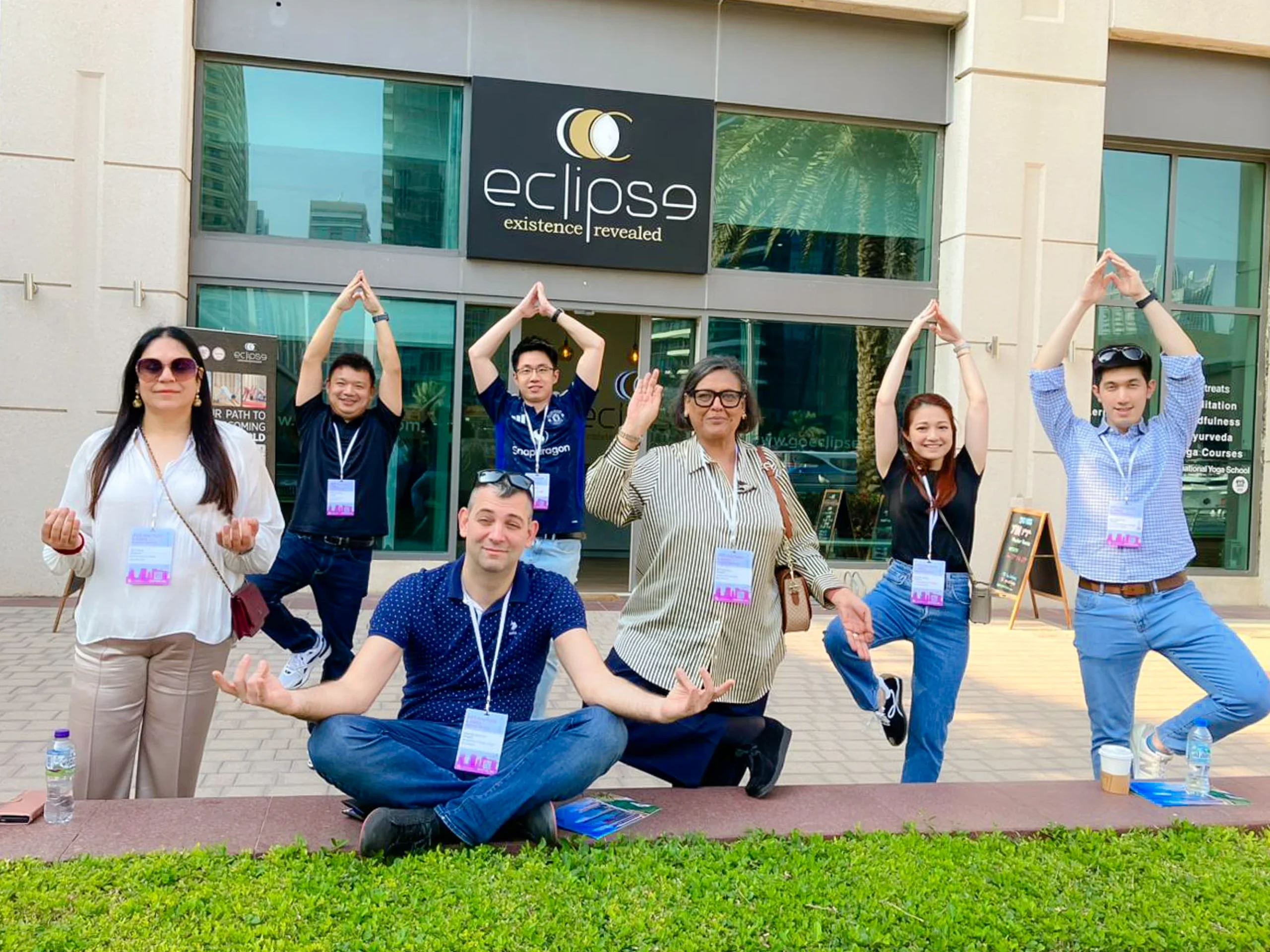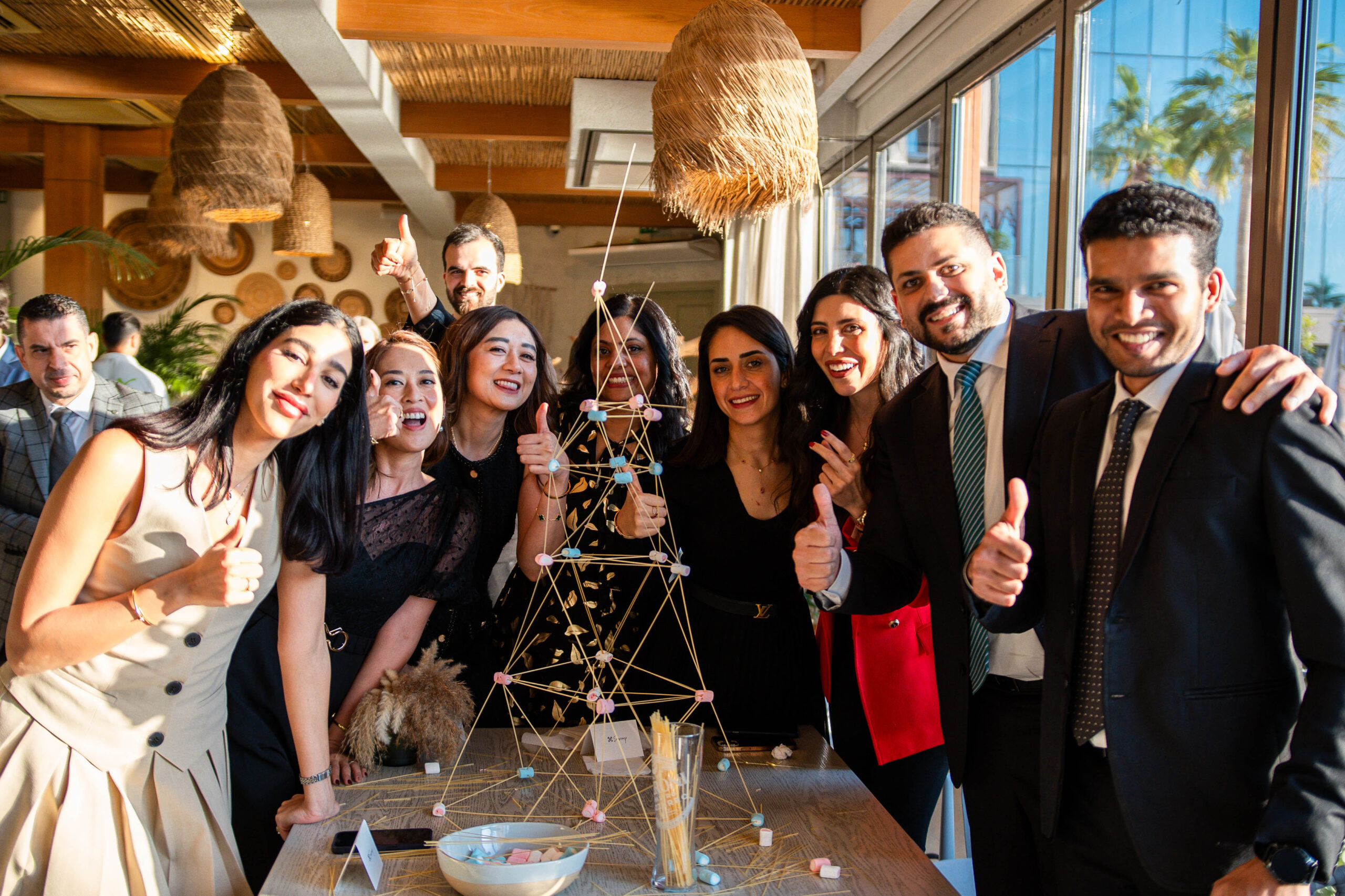In today's rapidly evolving business landscape, adaptability and innovation are crucial for long-term success. One of the most effective ways to foster these qualities within an organization is by cultivating a learning-first culture. A learning-first culture encourages continuous learning, personal and professional development, and a growth mindset. Here at BoredroomX, a leading team-building company in Dubai, we believe that a culture of learning is essential for building high-performing teams and achieving sustainable growth.
This blog explores the importance of a learning-first culture and provides practical strategies for fostering it within your organization. We'll delve into the benefits of creating a learning environment, the role of leadership in driving a culture of learning, and the team-building activities that can support this transformation.
The Power of a Learning-First Culture
A learning-first culture has a profound impact on individuals, teams, and the organization as a whole. Here are some key benefits:- Increased Adaptability: A culture of learning encourages employees to embrace change and adapt to new challenges. This adaptability is crucial in today's fast-paced business environment.
- Enhanced Innovation: When employees are constantly learning and growing, they are more likely to think creatively and come up with innovative solutions.
- Improved Decision-Making: A learning-first culture fosters a data-driven approach to decision-making. Employees are encouraged to seek out information, analyze data, and make informed choices.
- Boosted Employee Engagement: A culture that values learning and development empowers employees to take ownership of their careers. This leads to increased engagement, job satisfaction, and lower turnover rates.
- Stronger Company Culture: A shared commitment to learning can create a more positive and collaborative company culture. When employees feel supported in their growth and development, they are more likely to go the extra mile and contribute to the organization's success.
Creating a Learning-First Culture: Strategies for Success
Building a learning-first culture requires a concerted effort from all levels of the organization. Here are some strategies to consider:- Leadership Commitment: Executive leadership must champion a culture of learning. Leaders should model the behavior they expect from their teams by actively engaging in learning and development opportunities.
- Learning and Development Programs: Invest in comprehensive learning and development programs that cater to the needs of your employees. These programs can include workshops, training sessions, online courses, and conferences.
- Mentorship and Coaching: Establish mentorship programs that pair employees with experienced mentors who can provide guidance, support, and knowledge sharing.
- Performance Reviews and Feedback: Regularly review employee performance and provide constructive feedback. Focus on areas for growth and development, and offer support and resources to help employees improve.
- Recognition and Rewards: Acknowledge and reward employees who demonstrate a commitment to learning and development. This reinforces the importance of continuous learning and motivates others to follow suit.
- Learning Communities: Create learning communities within your organization where employees can share knowledge, collaborate on projects, and support each other's development.
- Flexible Learning Opportunities: Offer flexible learning options to accommodate different learning styles and schedules. This could include online courses, on-demand training, or opportunities to attend conferences or industry events.
- Encourage experimentation and risk-taking: Create a safe environment where employees feel comfortable experimenting and taking calculated risks. This fosters a culture of innovation and continuous learning.
The Role of Team Building Activities in Fostering a Learning Culture
Team-building activities can play a significant role in fostering a learning-first culture. Here's how:- Collaborative Problem-Solving: Many team-building activities involve solving challenges together. This encourages collaboration, communication, and critical thinking skills, all essential for a learning-first culture.
- Building Trust and Relationships: Team building helps to build trust and rapport among team members. This creates a supportive environment where employees feel comfortable sharing ideas, seeking feedback, and learning from each other.
- Developing Leadership Skills: Team-building activities often provide opportunities for leadership development. Employees can develop their confidence, communication skills, and ability to motivate and inspire others by taking on leadership roles within the team.
- Encouraging a Growth Mindset: Team building can foster a growth mindset, where employees believe in their ability to learn, grow, and improve. This mindset is essential for a learning-first culture.
Boredroomx: Your Partner in Building a Learning-First Culture
At Boredroomx, we understand the importance of a learning-first culture for long-term organizational success. We offer a variety of team-building activities and workshops specifically designed to foster a culture of learning, collaboration, and growth. Our team-building programs focus on:- Developing key skills: We target essential skills such as communication, problem-solving, leadership, and teamwork.
- Creating a positive and engaging environment: Our activities are designed to be enjoyable while delivering valuable learning outcomes.
- Tailoring experiences to your needs: We work closely with you to understand your company culture and specific goals. This allows us to customize our team-building programs to meet your unique needs.








